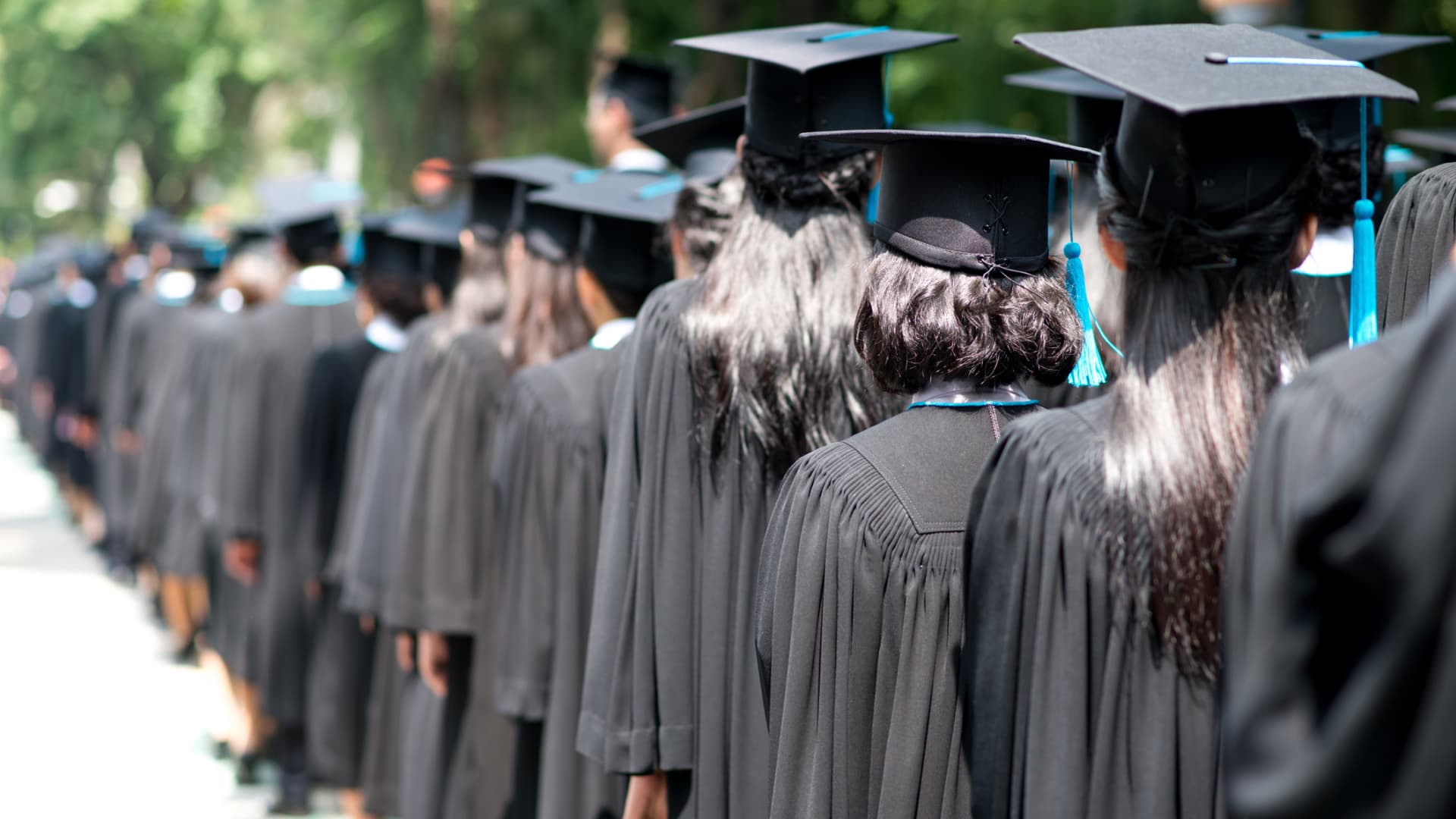Toni
Contributor
- Joined
- Aug 10, 2011
- Messages
- 22,770
- Basic Beliefs
- Peace on Earth, goodwill towards all
Fun fact: At one point in time, interest on credit card debt was tax deductible.That's what happens if you pay just the interest, or even less.Unfortunately, some are not seeing their loan balances shrinking even after paying for 10 years or more.
Money used to pay off student debt is money that cannot be used to invest in homes or to help fund future retirement.
Same goes for credit card debt. Should the federal government pay people's Visas and MasterCards too?
Sure. And income based repayment has existed for a while. I think it's too generous (and Biden is making it even more so). Too many people qualify to make no payments whatsoever, which is how balances keep increasing.A LOT of students graduated during a period of economic downturn and struggled to find jobs that would allow them to pay their loans and rent.
Do you really think these entitled millennials will have more children if you pay their student loans for their Medieval French Poetry degrees?It’s the fact that there aren’t enough people having children to grow up to become doctors and nurses and other foundational careers that support society.
That's a bit dramatic. Although, I do foresee greater automation even in the healthcare industry in the future.If conservatives are upset about immigration now, wait until they find there are no doctors, nurses, dentists, teachers, etc. who are Anglo Americans.
I really do not get the contempt that a lot of posters have for anyone who graduates with a degree in anything other than engineering. Engineers should be grateful more people don't pursue engineering because if everyone did, an engineering degree would not be worth very much.
Some professions never pay much but are vital: teaching and social work leap to mind but there certainly are others, such as forestry and wildlife management.
Student loans remain in effect even for students who are forced to drop out because of life circumstances: illness in the family or loss of job requiring the student to become responsible for helping support the family, etc. These are more likely to be lower income students who need the loans in the first place.
I think that Georgia has a wonderful program for tuition assistance for students attending public universities. However, if it only reimburses costs, students still have to come up with the money in the first place. Students who are lower income tend to already be working at least part time, and must continue to do so in order to pay for housing, etc.
Posting again, for the cheap seats:
Gifting article: https://www.nytimes.com/2022/08/26/...VYRcxfqC2ILd8Zurl_zde6d7nk1Ihs&smid=share-url
Programs like English or history represent better preparation, the two authors argue, for the demands of the newly emerging “rapport sector” than vocationally oriented disciplines like engineering or finance. Though it does not automatically land one in a particular career, training in the humanities, when pitched correctly, will ultimately lead to gainful and fulfilling employment. Indeed, by the time they reach what Stross terms the “peak earning ages,” 56-60, liberal arts majors earn on average $2,000 more per year than those with pre-professional degrees (if advanced degrees in both categories are included).

